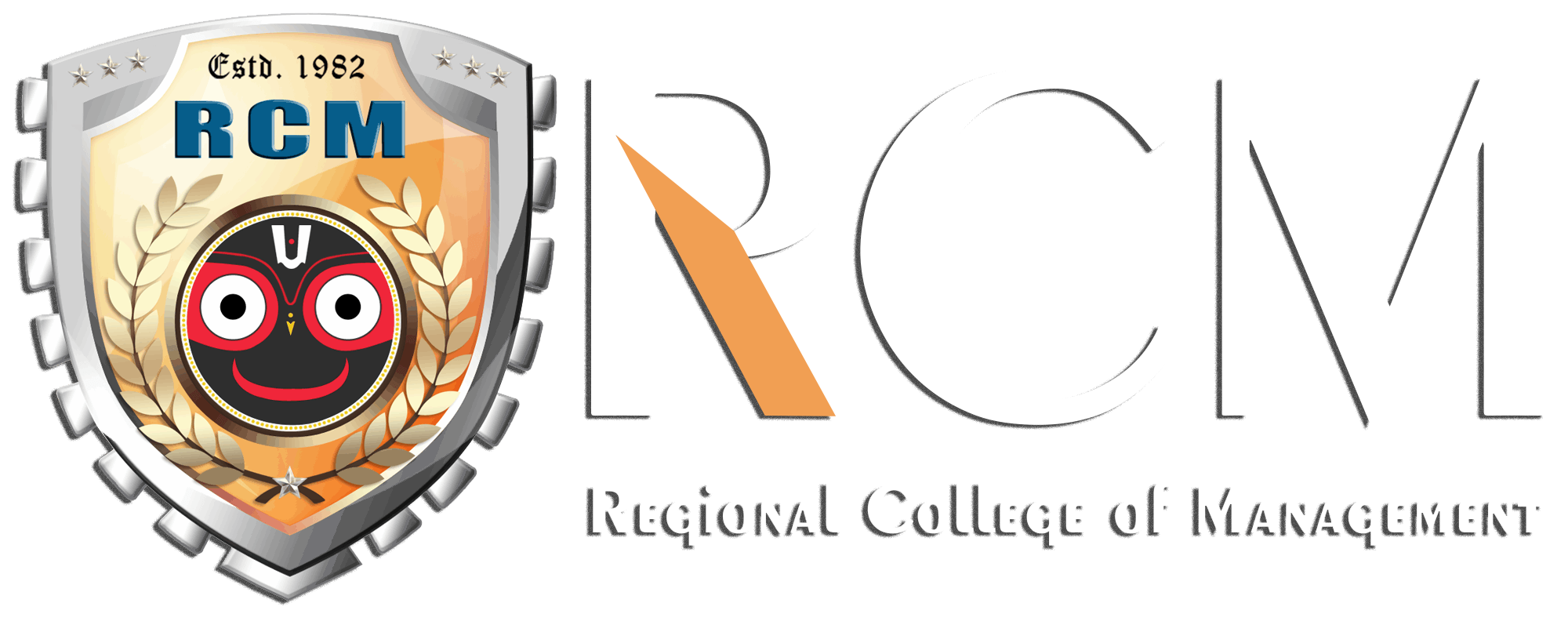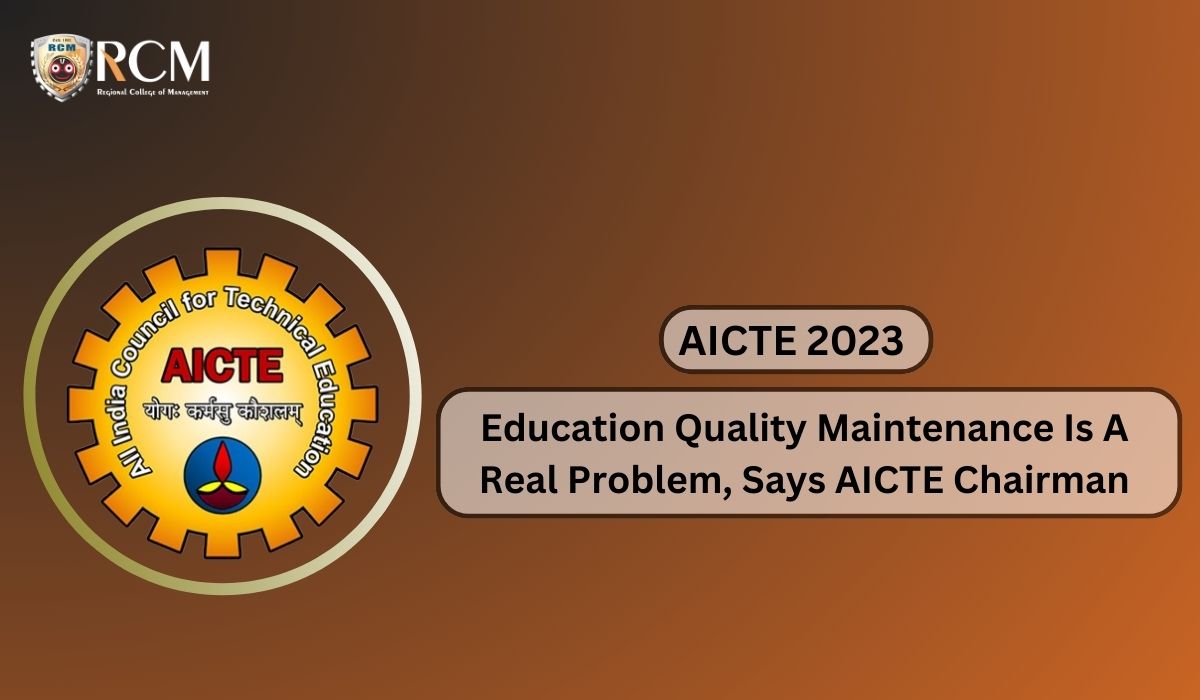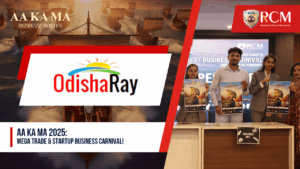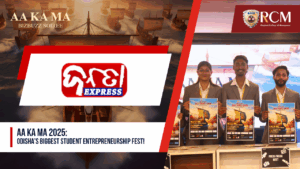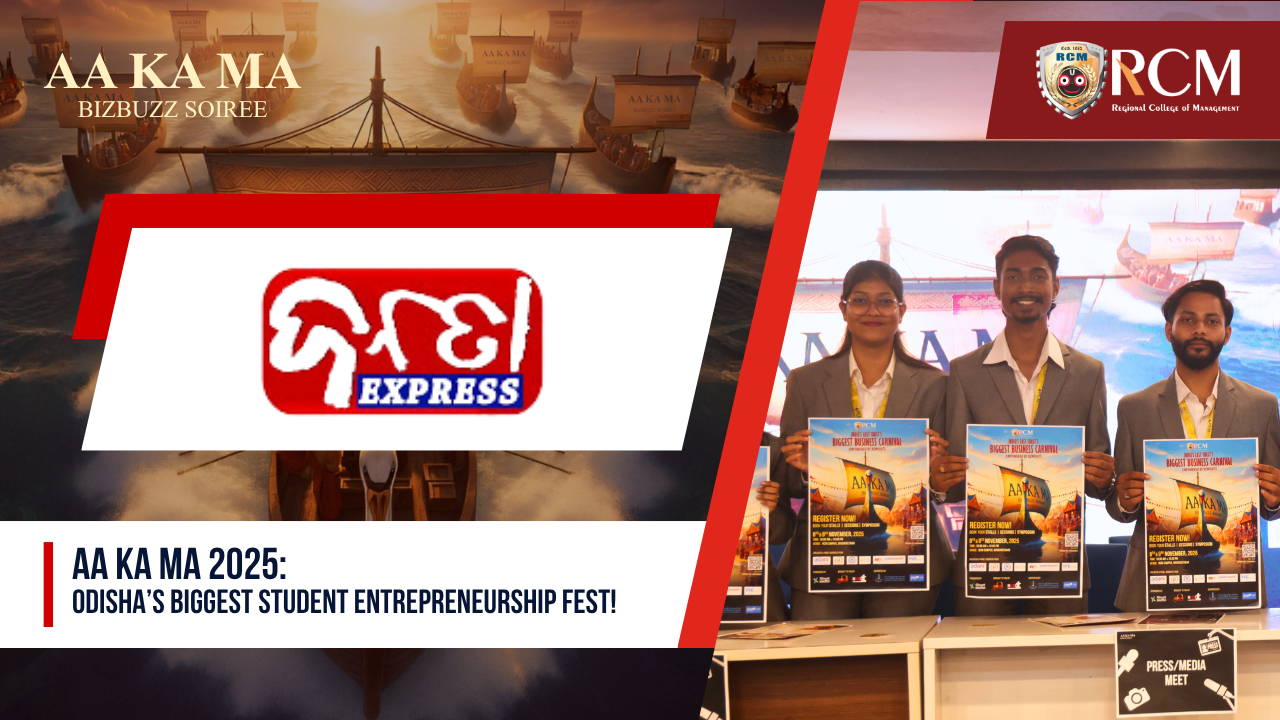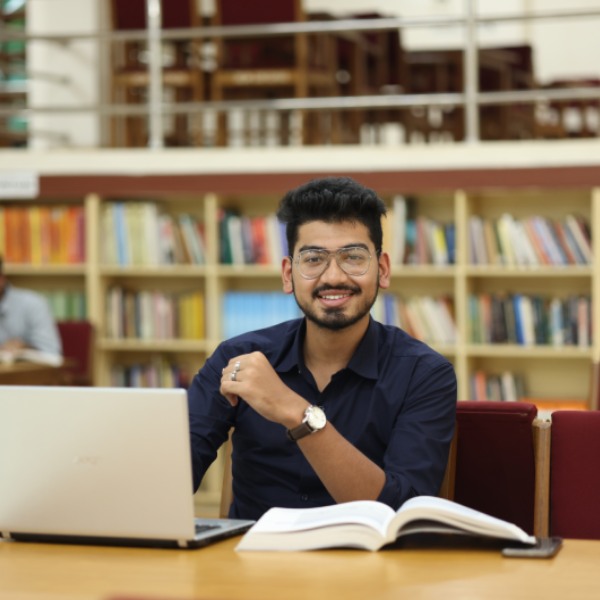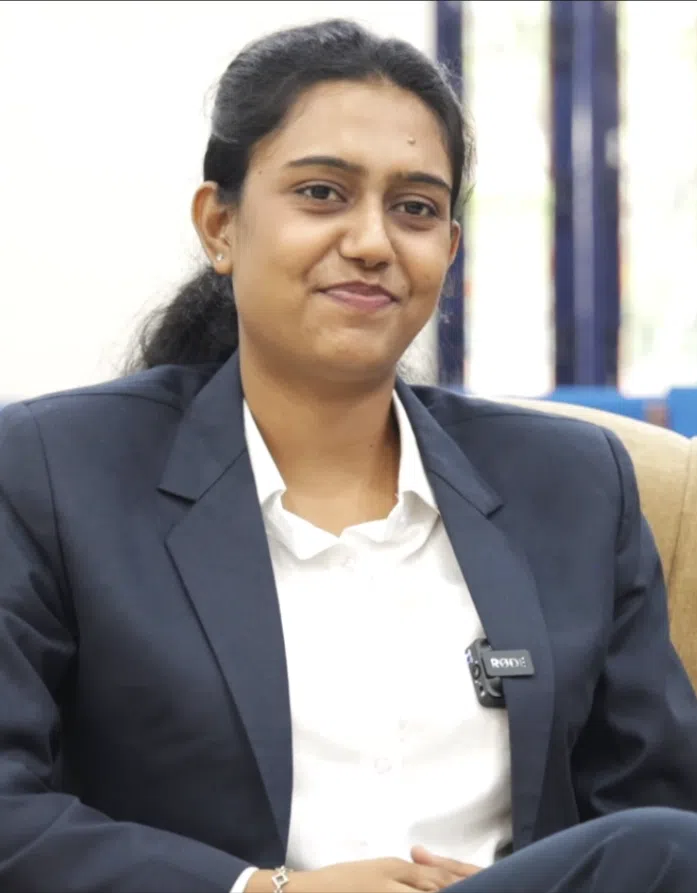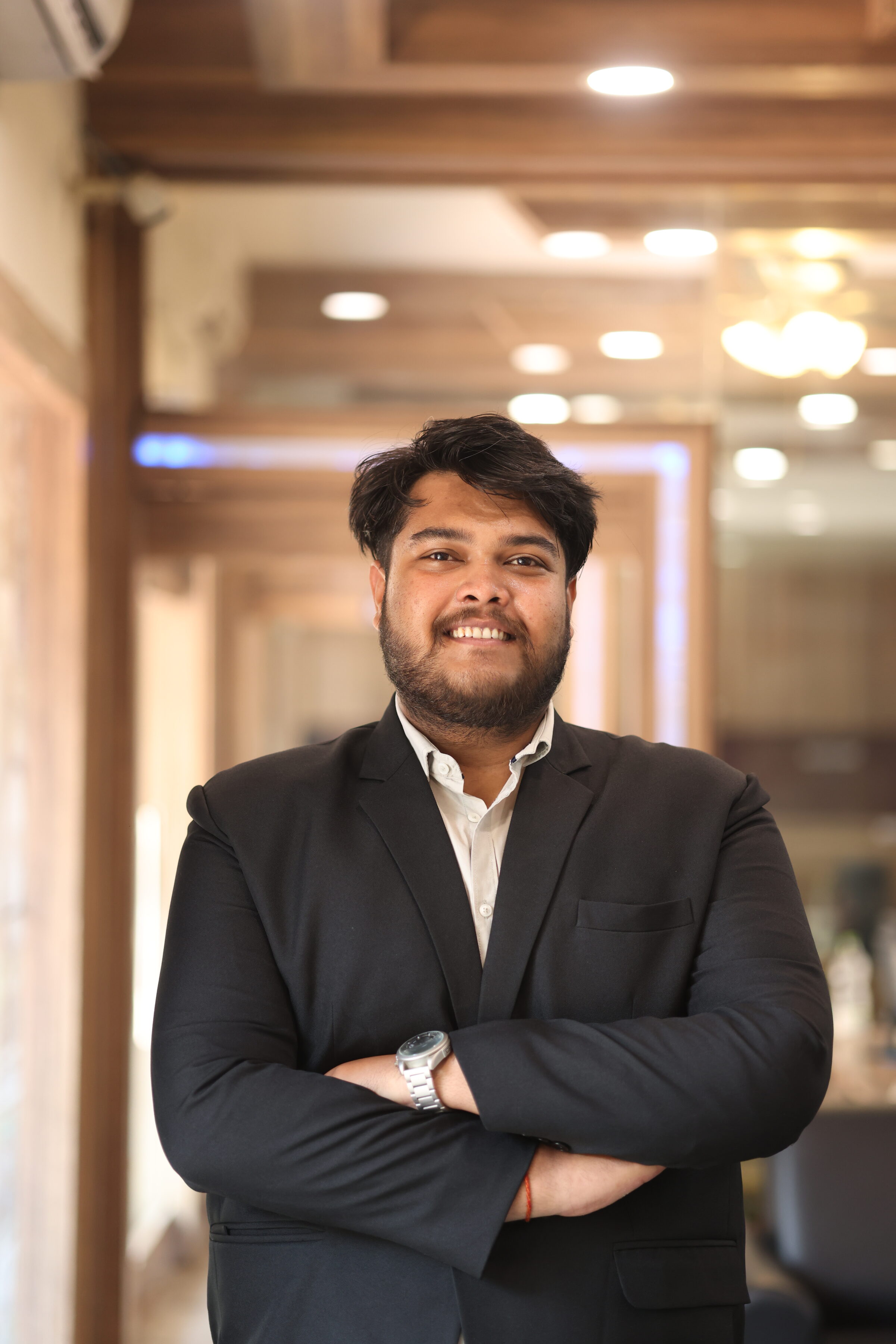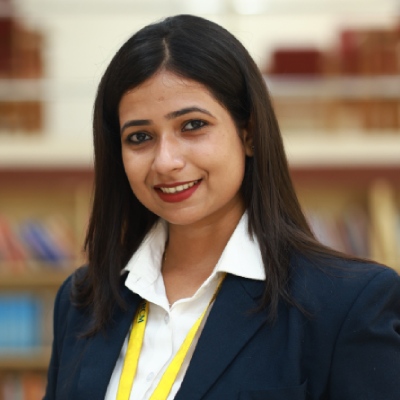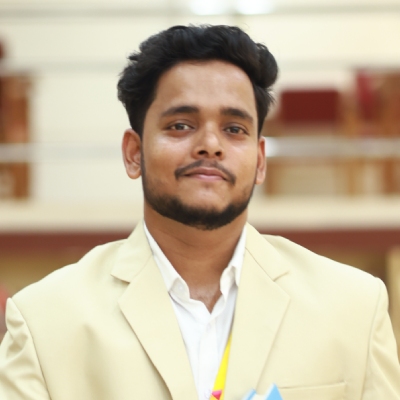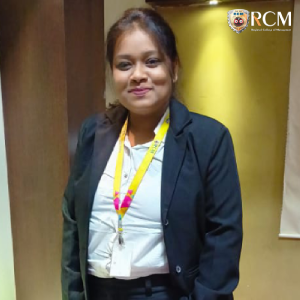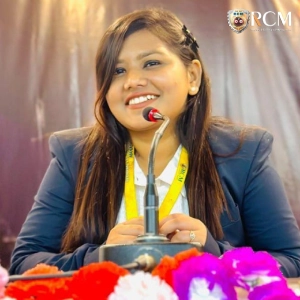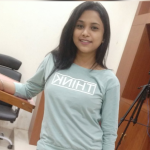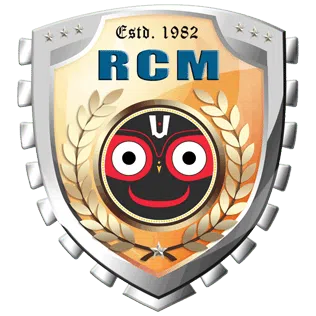Higher education is now concentrating on business and institution partnerships to create a holistic system. This includes bringing about educational innovations and instilling universal human values alongside subject matter instruction.
On Wednesday, at the 6th BW Education annual education conference held in Chennai, Prof. TG Sitharam, Chairman of All India Council for Technical Education (AICTE), stated that “quality education is a must.” He added, “we need to follow the rules that are simpler and thus enhance the educational standards” in the midst of flexible teaching and learning patterns.
The AICTE Chairman said that maintaining quality education is a real issue. Key factors like multidisciplinary education, teacher training, research, and innovation need special attention to grow in higher education.
“Students today don’t consider education as a lifetime learning. For them, it’s a platform to bag future jobs,” said Sitharam. He pointed at the job-oriented education system India has adopted in the past hundred years.
He said, gone are the days of ‘Gurukul’ teaching and learning, a value-based educational system that belonged to our nation. We need to rekindle that, stressed the professor.
He further emphasised the loop between industry and institution, which developed a broad spectrum called ‘placement.’ This has helped students achieve the industry role. Back then, in the 80s, there were only two agencies that helped young engineers get jobs. Today, disruption has changed the whole pattern. Communication and mobile technology have fueled greater opportunities, added Sitharam.
Making students prepared for future jobs is a frightening requirement today. Job profiles are either changing or getting completely eliminated with the introduction of technology, said the Chairman. He underscored the fact that we at AICTE are thus responsible for developing future job candidates. Today, if we consider the fast-paced tech world, speed is a must.
He pointed out that a component of the same teaching process that requires wider acceptability is skill development, teacher training, vocational education, regular classes, distant classes, etc. This is transforming the outdated paradigm that, prior to COVID, assigned online learning the least importance.
Sitharam further addressed the AICTE signed MoUs, its transformative initiatives, mandatory internships, NEAT, the Indian Knowledge System, multidisciplinary education idea lab networks, and I-Stem in detail.
(Source: BW Education)
